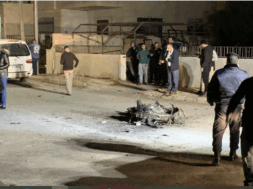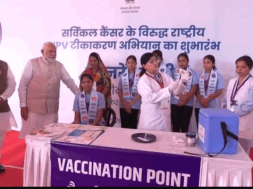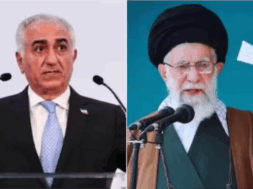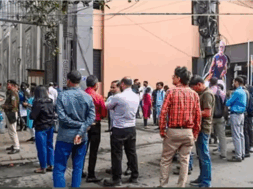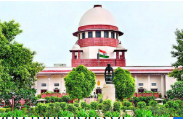
NEW DELHI, Jan 16: The Indian National Congress (INC) through its general secretary K.C. Venugopal has moved the Supreme Court to intervene in a pending challenge to “The Places of Worship Act, 1991,” quoting that secularism was developed in India as a part of nationalism and the Freedom Movement.
A review of the Act was pending before the Supreme Court which has issued a freeze order on several demands for reclaiming temples allegedly destroyed during the Mughal period. On December 12, a Special Bench of the Supreme Court headed by Chief Justice of India Sanjiv Khanna had barred the civil courts from registering fresh suits or passing orders in pending ones seeking to “re-claim” temples destroyed by Mughal “invaders” in the 16th century. The freeze order was passed while agreeing to hear the petitions questioning the validity of the 1991 Act. The Chief Justice had made it clear that the bar on civil courts would include orders to survey the premises of religious places.
The INC said the parliamentary Act “reflected the mandate of the Indian populace”. The Central law preserves the character of religious places as they existed on August 15, 1947, when India attained Independence.
The 139-year-old political party, which leads the Opposition in the Parliament, said it was the chief architect of the Act when the law was passed in the 10th Lok Sabha. “At the time of the passing of the Places of Worship Act (POWA), it was the applicant [INC] along with the Janata Dal party that were in the majority in the legislature for the 10th Lok Sabha,” the party said in its intervention application filed through advocate Abhishek Jebaraj.
In fact, the Act was envisaged prior to the year 1991 and was made a part of the INC’s then election manifesto for the parliamentary elections. “The POWA is essential to safeguard secularism in India and the present challenge appears to be a motivated and malicious attempt to undermine established principles of secularism,” the INC said.
The party said it wanted to intervene in the apex court in order to emphasise the constitutional and societal significance of the POWA. “The INC apprehends that any alterations to the law could jeopardise India’s communal harmony and secular fabric, thereby threatening the sovereignty and integrity of the nation,” the application noted.
The party referred to the Supreme Court’s own words in a judgment that “secularism in India developed as a part of nationalism and the Freedom Movement which assured protection to the minorities and neutrality of the State in regard to all religions.”
Defending the POWA, the party said the law furthered the right to freedom of religion and was an established basic feature of the Constitution. “The POWA is intrinsically related to the obligations of the secular state,” the INC quoted from the Ramjanmabhoomi case judgement of 2019.
The end of the previous year saw minority organisations, political parties and eminent individuals, represented variously by senior advocates A.M. Singhvi, P. Wilson, Raju Ramachandran and others, approach the Supreme Court, seeking to protect the Act.
They have argued that the 1991 law stood as a firm bastion against the mushrooming suits which ultimately intended to pave the way towards retrogression and communal tensions. They noted that the suits and the interim orders passed by the local courts, including for surveys of mosque premises, were in direct violation of Sections 3 of the Act prohibiting the conversion of any place of worship, and Section 4, which imposed a positive obligation to maintain the religious character of every place of worship as it existed on August 15, 1947.
(Manas Dasgupta)

